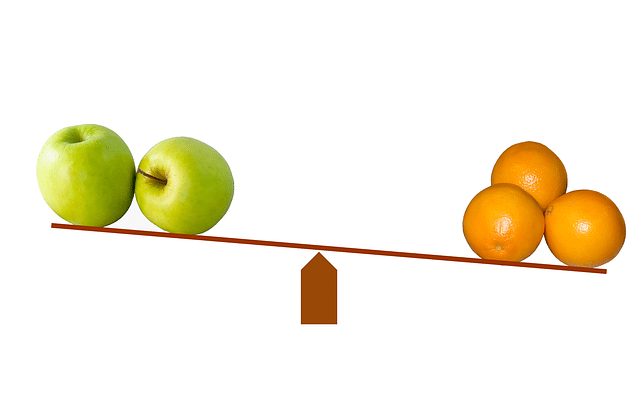By Karyn Hall PhD
Amy’s just got a promotion, Jill is going to Europe for a month, and Larry just lost 20 pounds and looks so fit he could be a trainer.
When you look at what is happening in the lives of your friends, do you congratulate them and feel happy for them? Or do you use their good news to feel bad about yourself? Social comparisons are a sure way for many emotionally sensitive people to judge themselves negatively and be in a funk.
Your life is unique.
What you treasure, value, and what makes you happy is about you, not about anyone else. Comparing yourself to others is not a guide for how you are doing in living your life the way you wish. Have you found yourself envying someone for something you don’t even want?
You also don’t really know what anyone else’s life is really like. Have you ever envied others for their new homes and cars and later learned they were bankrupt or so far in debt they couldn’t pay their bills?
When you compare yourself to others, you are probably comparing your weaknesses to their strengths. That’s a perfect way to sabatoge your self-esteem. Even if you compare your strengths to theirs, there will always be some people who have it better or have accomplished more than you and those who have accomplished less.
Where you rank has nothing to do with how you want to live your life. If you’re not the best at something, does that mean you shouldn’t do it? No one but the champions of the World Series should play baseball? If comparing yourself to others leads you to give up something you enjoy, that’s a real loss.
Social comparisons build resentments. Instead of cheering on your family and friends, you are competing and perhaps wishing them ill. It’s so easy to lose focus on having fun and enjoying yourself. Unhealthy comparisons can lead you to focus only on who is the best. That can destroy the joy and fun of the experience. Just because someone can climb a mountain faster than I can doesn’t mean I won’t still have a great time.
To stop social comparisons, the first step is to be aware. Notice when you are doing it. Sometimes you can notice and let it go. If not, change your focus. Instead of, “He’s so much stronger than I am,” compare yourself to yourself. “I am stronger than I was last month.” Or you can use it to notice what you want to do. “I am going to work on getting stronger because that is a value for me.”
When you find yourself noticing what others have that you don’t, be sure to remember what you do have. Practicing gratitude helps you remember all you have to be grateful for.
Practice being happy for others’ achievements instead of using them to judge yourself. Making your friends’ victories fun and celebratory for you can help strengthen your relationships. It can be a reminder of what you want to do for yourself.

Karyn Hall, Ph.D. is the owner/director of the Dialectical Behavior Therapy Center in Houston and www.DBTSkillscoaching.com, an online educational program. She is a trainer/consultant with Treatment Implementation Collaborative (Ticllc.org) as well as a therapist and certified coach.APA Reference
Hall, K. (2018). The Problem of Comparing Yourself to Others. Psych Central. Retrieved on July 15, 2018, from https://blogs.psychcentral.com/emotionally-sensitive/2018/07/the-problem-of-comparing-yourself-to-others/ Last updated: 1 Jul 2018
Last reviewed: By John M. Grohol, Psy.D. on 1 Jul 2018
Published on PsychCentral.com. All rights reserved. Copyright © 1995-2018 Psych Central
Site last updated: 15 Jul 2018
Psych Central does not provide medical, mental illness, or psychological advice, diagnosis or treatment.
PsychCentral.com
